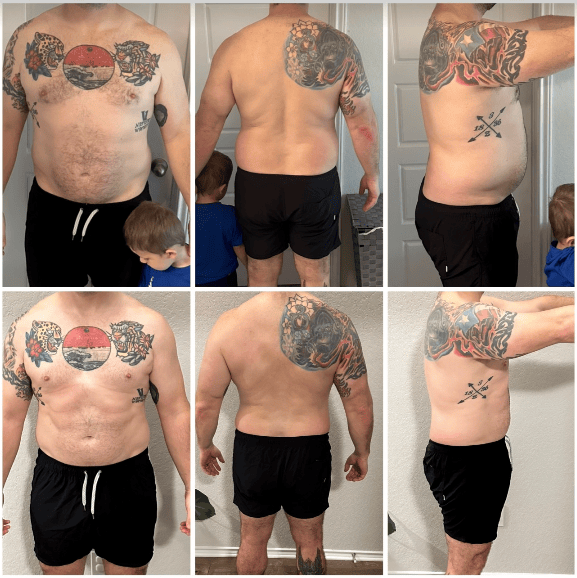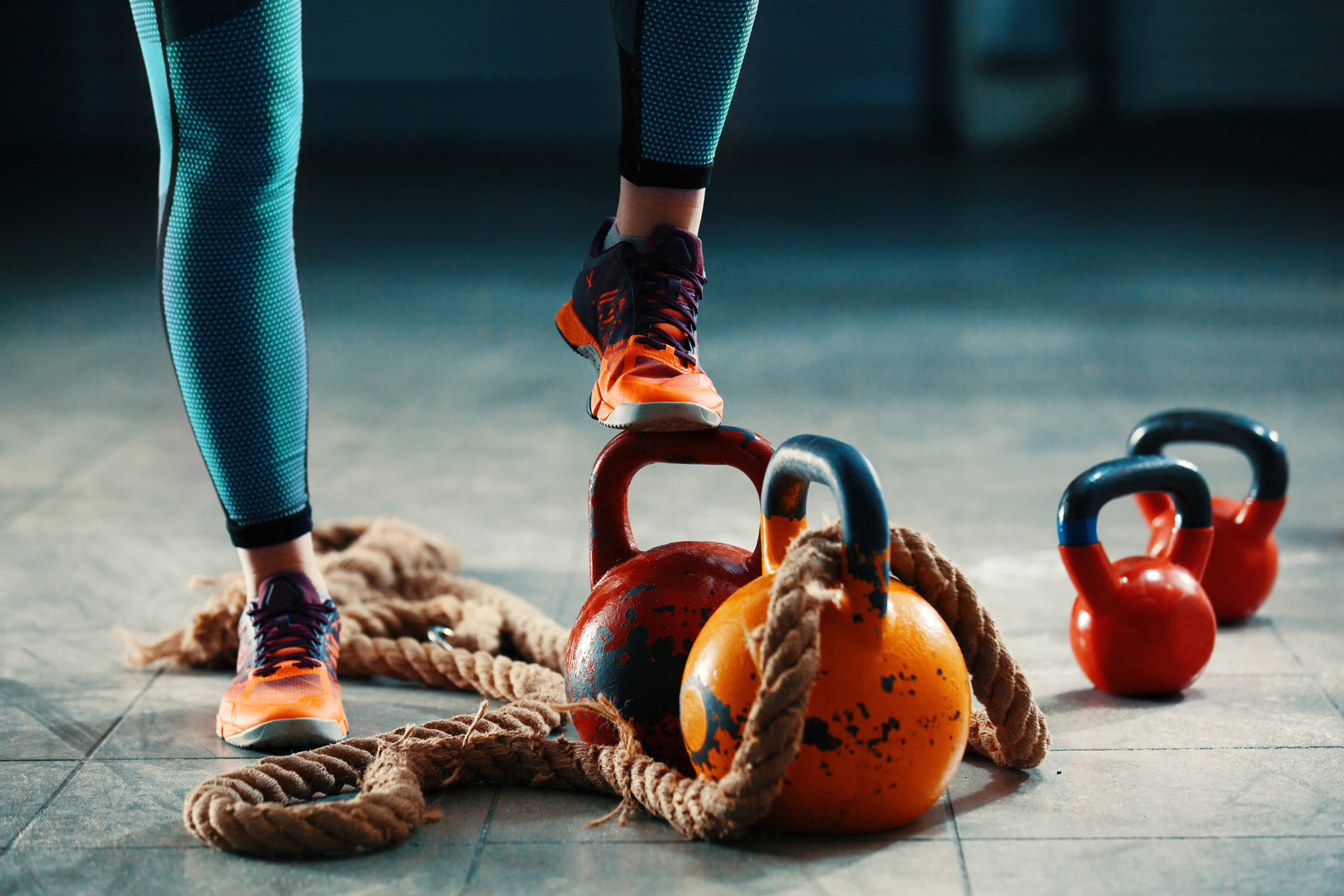People are constantly looking for fancy sounding things that can increase their metabolism.
For example, 2,4-dinitrophenol (DNP) is a herbicide, dye, and wood preserver that was used by the French during World War I and in 1933 scientists discovered that it led to rapid weight loss and an increase in one’s metabolic rate.
However, there were many problems, the main one being...people died. Thus, DNP has been labeled ‘not fit for human consumption’ [1].
It looks like relatively high amounts of caffeine can boost one’s resting metabolic rate by single digit percentage points [2-6], but caffeine consumption alone doesn’t seem to result in clinically meaningful weight loss [7].
“Despite the statistical significance found between caffeine intake and reduction in weight, BMI, and body fat in the current study, the observed changes might not possibly be clinically relevant… In the current meta-analysis, caffeine consumption provided an average weight loss of <2 kg after 4 weeks of intervention compared with the control group.” -Tabrizi et al., 2019
So with DNP you can die and caffeine can give us a little boost, but probably doesn’t result in the fat loss results most people are expecting. Plus, everyone reacts differently to high amounts of caffeine when it comes to anxiety, restlessness, insomnia, GI disturbances, etc.
What
if there was something that could boost our metabolism that only had positive
side effects?!
A new meta-analysis confirms that Resistance Training can increase our resting metabolic rate by an average of ~96 calories per day, while aerobic training alone did not significantly change resting metabolic rate [8].
WOOT WOOT!!!
And as we have talked about before HERE this doesn’t mean you have to live in the gym.
Just two to three days of circuit training per week can maintain and potentially increase muscle mass while in a caloric deficit, especially if people don’t have a lot of gym experience [9, 10].
Furthermore, diet coupled with exercise looks to be even more effective than diet alone for weight loss [11], and resistance training seems to be the most effective of these tools for preserving or gaining muscle [12], and increasing resting metabolic rate long-term [8].
To wrap this up, people have been looking for hacks to increase their metabolism for a long time, but one of the most powerful ones has been right under our biceps this whole time. Resistance Training can reliably increase our metabolic rate with only positive side effects on our health and a risk profile that is 75 to 150 times LESS injurious than novice running.
Worried if aging is going to decrease your metabolism and what you can do about it? Click HERE.
#GIVEAFIT

REFERENCES:
1. Grundlingh, J., et al., 2,4-dinitrophenol (DNP): a weight loss agent with significant acute toxicity and risk of death. J Med Toxicol, 2011. 7(3): p. 205-12.
2. Campbell, B.I., et al., The effects of a fat loss supplement on resting metabolic rate and hemodynamic variables in resistance trained males: a randomized, double-blind, placebo-controlled, cross-over trial. J Int Soc Sports Nutr, 2016. 13: p. 14.
3. Campbell, B.I., et al., A Commercially Available Thermogenic Dietary Supplement Increases Resting Metabolic Rate in Physically Active Males: A Randomized, Double-Blind, Placebo-Controlled Investigation. J Diet Suppl, 2020. 17(2): p. 150-160.
4. Campbell, B.I., et al., The effects of a single-dose thermogenic supplement on resting metabolic rate and hemodynamic variables in healthy females--a randomized, double-blind, placebo-controlled, cross-over trial. J Int Soc Sports Nutr, 2016. 13: p. 13.
5. Dulloo, A.G., et al., Normal caffeine consumption: influence on thermogenesis and daily energy expenditure in lean and postobese human volunteers. Am J Clin Nutr, 1989. 49(1): p. 44-50.
6. Koot, P. and P. Deurenberg, Comparison of changes in energy expenditure and body temperatures after caffeine consumption. Ann Nutr Metab, 1995. 39(3): p. 135-42.
7. Tabrizi, R., et al., The effects of caffeine intake on weight loss: a systematic review and dos-response meta-analysis of randomized controlled trials. Crit Rev Food Sci Nutr, 2019. 59(16): p. 2688-2696.
8. MacKenzie-Shalders, K., et al., The effect of exercise interventions on resting metabolic rate: A systematic review and meta-analysis. J Sports Sci, 2020. 38(14): p. 1635-1649.
9. Longland, T.M., et al., Higher compared with lower dietary protein during an energy deficit combined with intense exercise promotes greater lean mass gain and fat mass loss: a randomized trial. Am J Clin Nutr, 2016. 103(3): p. 738-46.
10. Bryner, R.W., et al., Effects of resistance vs. aerobic training combined with an 800 calorie liquid diet on lean body mass and resting metabolic rate. J Am Coll Nutr, 1999. 18(2): p. 115-21.
11. Johns, D.J., et al., Diet or exercise interventions vs combined behavioral weight management programs: a systematic review and meta-analysis of direct comparisons. J Acad Nutr Diet, 2014. 114(10): p. 1557-68.
12. Clark, J.E., Diet, exercise or diet with exercise: comparing the effectiveness of treatment options for weight-loss and changes in fitness for adults (18-65 years old) who are overfat, or obese; systematic review and meta-analysis. J Diabetes Metab Disord, 2015. 14: p. 31.
About Author: Mario Mendias





